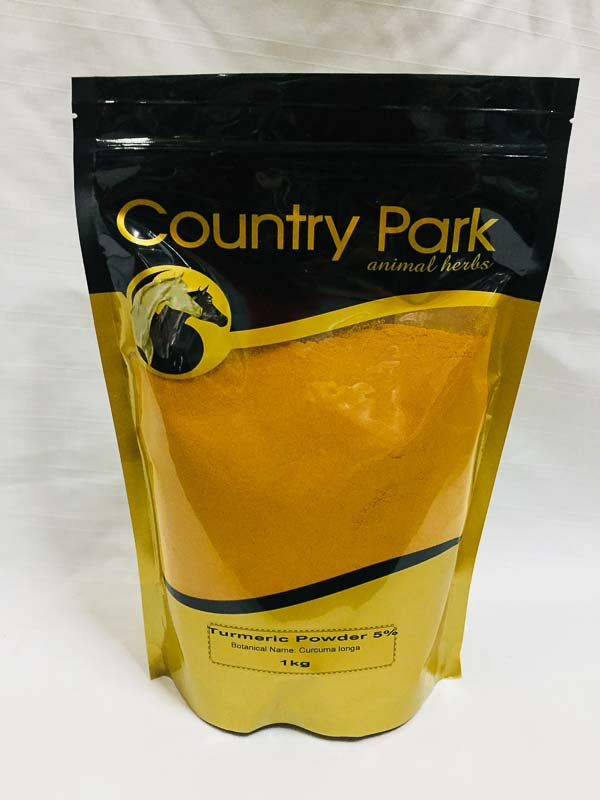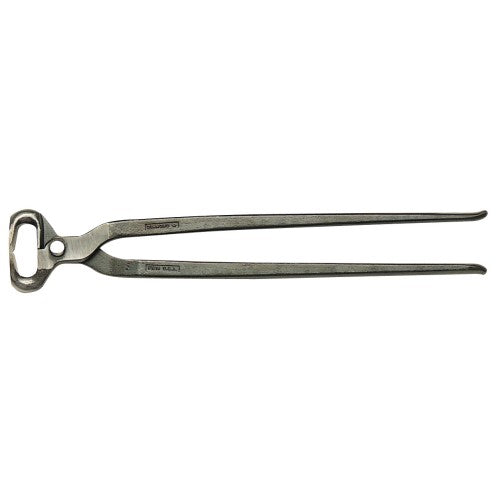It is to that vivid yellow-orange pigment curcumin that potent therapeutic properties are attributed. It is powerfully antioxidant (significantly more so than vitamin E or C) and this ability to neutralise free radicals before they damage healthy cells and cell membranes, in conjunction with its anti-inflammatory effects (via a number of pathways), contribute to its role in preventing or alleviating an impressive array of conditions, including many cancers, arthritis, diabetes, gastrointestinal disorders, cardiovascular disease, liver ailments, and Alzheimers
ARTHRITIS: Curcumin inhibits the breakdown of cartilage and has been shown in some studies to be as effective as hydrocortisone and phenylbutazone (bute) in relieving the symptoms of arthritis such as inflammation, swelling and joint stiffness. Even better, it does so without the significant side-effects of those drugs, and has been shown to be safe at very large doses.
CANCER: Curcumin defends the body against cancer via a number of actions: it detoxifies carcinogens thereby preventing the initiation of cancer cells; suppresses the progression of cancerous cells by inhibiting their proliferation while simultaneously increasing their death and removal; and inhibits the spread of cancerous cells to other areas of the body. It can also reduce the side effects of chemotherapy treatment and enhance the action of some chemotherapy agents. Various studies have demonstrated either turmeric (as a whole food or extract) or curcumin/curcuminoids (as isolates) to have beneficial results in preventing or treating a wide range of cancers. These include skin, ovarian, breast, lung, oral, stomach, liver, colon and prostate cancers.












